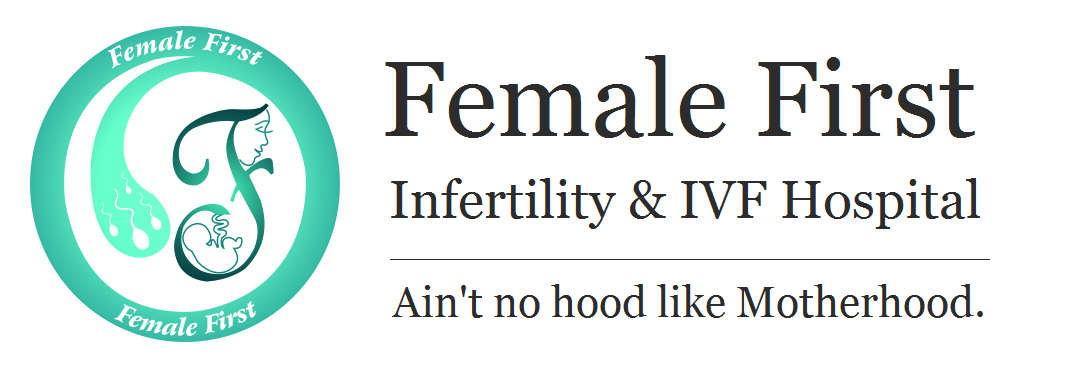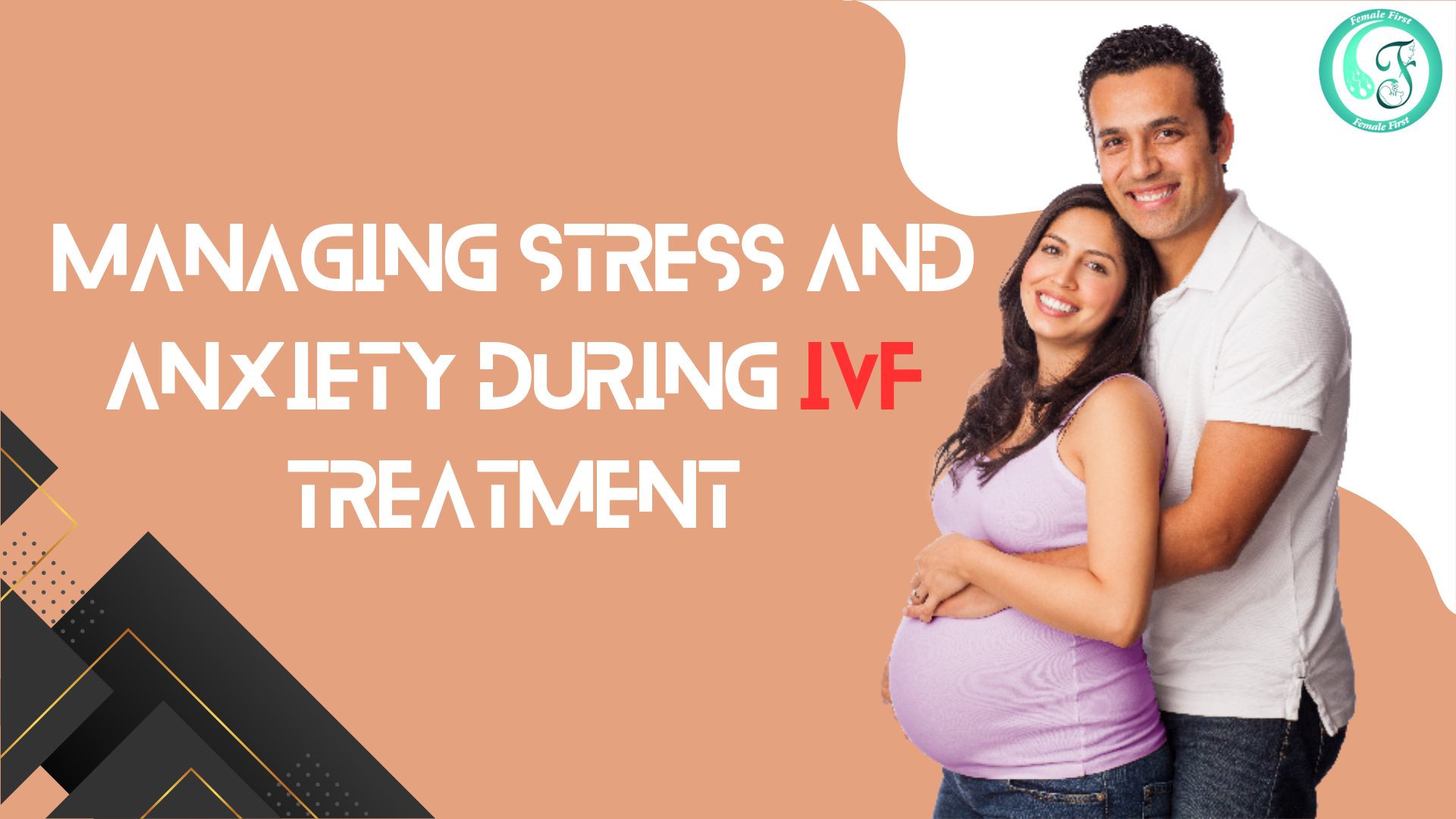The journey of in vitro fertilization (IVF) can be an emotional rollercoaster, filled with hope, excitement, and, at times, stress and anxiety. While IVF offers the promise of parenthood to couples facing infertility, the complexities of the treatment process can take a toll on both the body and the mind. Managing stress and anxiety during IVF treatment is essential for maintaining emotional well-being and optimizing the chances of a successful outcome. In this blog, we will explore effective strategies for coping with stress and anxiety during the IVF journey.
1. Educate Yourself About the IVF Process
Knowledge is power, and understanding the IVF process can help alleviate fears and uncertainties. Take the time to educate yourself about each step of the treatment, potential outcomes, and common experiences during IVF. Being well-informed can provide a sense of control and reduce anxiety related to the unknown.
2. Build a Strong Support System
Having a strong support system is invaluable during the IVF journey. Share your feelings and concerns with your partner, family, and close friends. Don’t hesitate to lean on them for emotional support and encouragement. Joining support groups with individuals who are going through similar experiences can also be beneficial, as it creates a safe space for sharing and understanding.
3. Practice Mindfulness and Relaxation Techniques
Incorporate mindfulness and relaxation techniques into your daily routine to manage stress and anxiety. Meditation, deep breathing exercises, yoga, or progressive muscle relaxation can help you stay centred and reduce tension. These practices promote emotional well-being and support a sense of calmness during the ups and downs of IVF treatment.
4. Set Realistic Expectations
Approach IVF with realistic expectations. While IVF has helped many couples conceive, it may not be successful in every case. Understanding that the outcome is uncertain and that multiple attempts may be needed can help you manage expectations and reduce disappointment.
5. Take Breaks and Engage in Self-Care
IVF treatment can be physically and emotionally demanding. It’s crucial to take breaks and engage in self-care activities that you enjoy. Spend time doing activities that help you relax and unwind, whether it’s spending time in nature, reading, or pursuing hobbies.
6. Limit Exposure to Stressful Triggers
Identify and limit exposure to stressful triggers during the IVF process. This may include avoiding certain conversations or situations that cause undue stress or anxiety. Prioritize activities that promote positivity and well-being.
7. Communicate with Your Healthcare Team
Establish open communication with your healthcare team, including your fertility specialist and nurses. Share your concerns and feelings with them so that they can better support you throughout the IVF process. Knowing that you have a team of professionals guiding you can offer reassurance and ease anxiety.
8. Focus on Healthy Lifestyle Habits
A healthy lifestyle can positively impact your well-being during IVF treatment. Focus on nourishing your body with a balanced diet, regular exercise, and sufficient sleep. Avoid excessive consumption of caffeine, alcohol, and tobacco, as these can exacerbate stress and anxiety.
9. Express Your Emotions
Don’t suppress your emotions during the IVF journey. Allow yourself to feel and express your emotions, whether it’s sadness, frustration, or fear. Journaling or talking to a counselor can be helpful for processing these feelings and finding ways to cope.
10. Celebrate Each Step Forward
Celebrate every step forward in the IVF process, no matter how small. Whether it’s successfully completing a medication cycle, retrieving eggs, or receiving positive test results, acknowledge and celebrate these achievements. Focusing on the progress can foster a positive mindset and increase optimism.
Conclusion
Managing stress and anxiety during IVF treatment is essential for maintaining emotional well-being and optimizing the IVF journey. By educating yourself about the process, building a strong support system, practising mindfulness and relaxation techniques, setting realistic expectations, engaging in self-care, communicating with your healthcare team, focusing on healthy lifestyle habits, expressing your emotions, limiting exposure to stressful triggers, and celebrating each step forward, you can navigate the challenges of IVF with greater resilience and hope. Remember that you are not alone on this journey, and seeking support from your loved ones and healthcare professionals can provide comfort and encouragement. With a proactive approach to managing stress and anxiety, you can enhance your IVF experience and pave the way for a positive outcome in your path to parenthood.


Add Your Comment